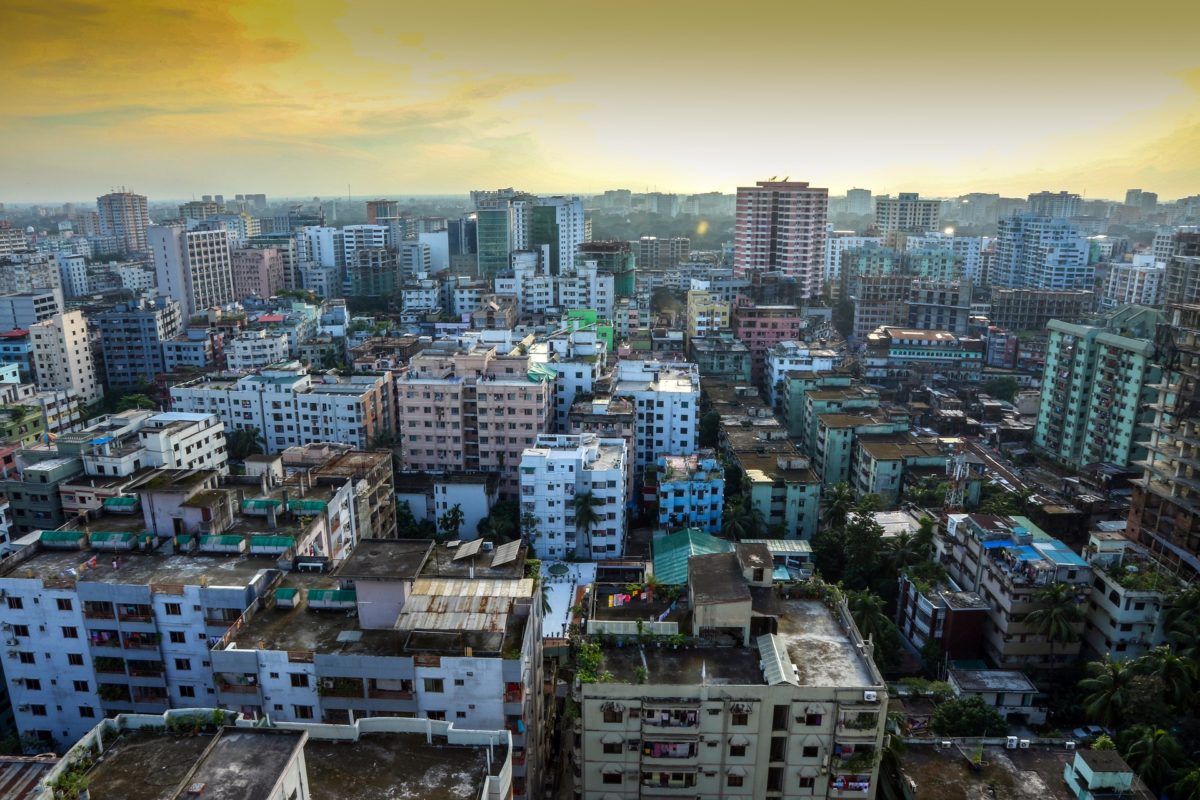Having been forced to push back the target date of sourcing 10% of its electricity from renewables, Bangladesh is receiving solar sector help from the International Finance Corporation (IFC), the private sector arm of the World Bank.
The IFC will be lead transaction adviser to the Sustainable and Renewable Energy Development Authority of Bangladesh (SREDA) for the development of a 35-50 MW solar array in the Kushtia district.
The two parties inked a memorandum of understanding, in the wake of the news Bangladesh’s 10% renewables ambition has been pushed back from this year to 2021.
The nation saw around 34 MW of solar generation capacity added last year so the planned new plant would mark a sizable leap. The IFC is helping structure the tender for the Kushtia project in a bid to attract ‘credible’ private sector developers and to streamline the solar project procurement process in a manner which can be replicated across the country.
‘Unique concept’
Popular content
“This plan to bring in a solar independent power producer through a competitive bidding process will play a pivotal role in developing the country’s renewable energy program by providing increased electricity access and clean energy, which will have a positive impact on businesses and households in Bangladesh,” said SREDA chairman Mohammad Helal Uddin.
The Bangladeshi energy mix comprises 90% fossil fuels and caters to around 90% of the population, although the latter figure falls to 60% in rural areas. The Kushtia project aims to bring private sector developers into the procurement process and the contract will be awarded through public-private competitive bidding. The European Commission’s Directorate-General for International Cooperation and Development and Germany’s Federal Ministry of Economic Cooperation and Development and Sustainable Development Investment Partnership have pledged to financially support the use of third-party consultants.
“This is a unique concept as it will support the government in creating a viable and sustainable renewable energy model in Bangladesh, using marginal low-lying land to produce solar energy,” said Wendy Werner, IFC country manager for Bangladesh, Bhutan, and Nepal. “This model can be repeated across the country. By engaging the private sector, we aim to promote more investment in renewable energy projects in Bangladesh and reduce reliance on thermal energy.”
Achieving the 10% renewables goal using only solar would require around 2 GW of new generation capacity, however, Bangladesh has several shovel-ready, tendered projects.
This content is protected by copyright and may not be reused. If you want to cooperate with us and would like to reuse some of our content, please contact: editors@pv-magazine.com.



1 comment
By submitting this form you agree to pv magazine using your data for the purposes of publishing your comment.
Your personal data will only be disclosed or otherwise transmitted to third parties for the purposes of spam filtering or if this is necessary for technical maintenance of the website. Any other transfer to third parties will not take place unless this is justified on the basis of applicable data protection regulations or if pv magazine is legally obliged to do so.
You may revoke this consent at any time with effect for the future, in which case your personal data will be deleted immediately. Otherwise, your data will be deleted if pv magazine has processed your request or the purpose of data storage is fulfilled.
Further information on data privacy can be found in our Data Protection Policy.